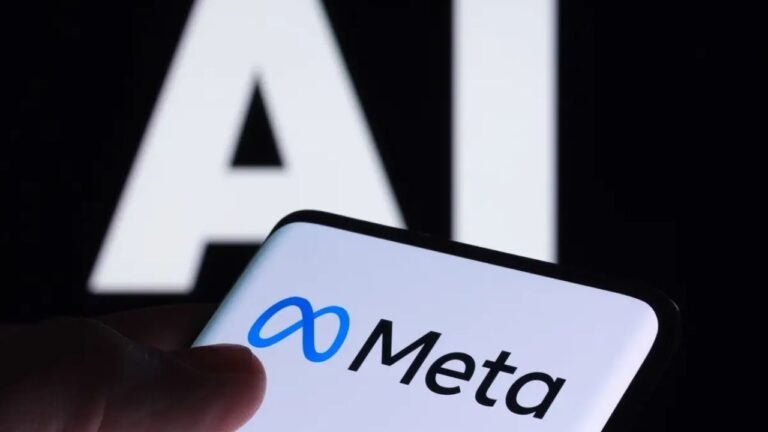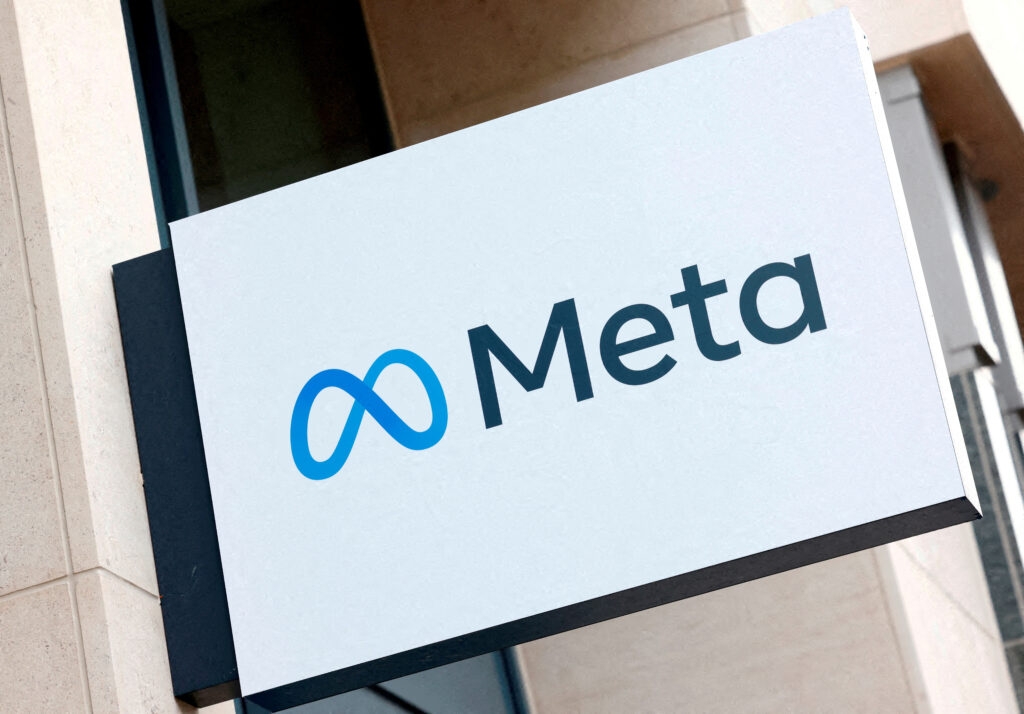Highlights
- Meta stops recommending political content on Instagram and Threads.
- Users now have more control over their feeds.
- Creators can monitor their recommendation eligibility.

Meta, the parent company of social media giants Facebook, Instagram, and Threads, is making significant changes to how political content is presented on its platforms.
In a bid to address concerns about political fatigue and foster a more user-centric experience, Meta has announced that both Instagram and Threads will no longer actively recommend political content from accounts users do not follow.
This shift means that political content will become opt-in rather than opt-out for users. Check out the details.
Read: AI-Powered Messaging Feature Coming to Instagram Users Soon
Meta Introduces More Control Over Political Content
The decision follows similar measures already implemented on Facebook and underscores Meta’s commitment to tackling misinformation and reducing the divisive nature of online political discourse.
Adam Mosseri, Head of Instagram, emphasized the company’s goal of ensuring that Instagram remains a place where users can connect with the people and topics they care about, thereby giving users greater control over the content they encounter.
This update is expected to empower users to curate their feeds according to their preferences, offering a more personalized and less overwhelming online experience.
While users interested in political engagement can still actively seek out such content, those who find it burdensome can now avoid unsolicited encounters.

However, the change may have implications for content creators who focus on political themes, as their visibility could be affected.
To address this concern, Meta has introduced an “Account Status” feature, allowing creators to check and potentially contest their recommendation eligibility. This move aims to provide transparency and some degree of control over the impact of political content.
The announcement has elicited mixed reactions, with some applauding it as a positive step toward fostering healthier online spaces, while others express concerns about potential censorship and the formation of echo chambers.
Importantly, this policy does not amount to a ban on political content but rather aims to limit its unsolicited presence in user feeds.
The timing of the decision, just months before the 2024 US elections, highlights Meta’s proactive approach to addressing potential misinformation issues.
Moreover, the consistency of this policy across Meta platforms, including Facebook, suggests a concerted effort to implement a cohesive strategy.
Critics, however, point out challenges that Meta may face in defining and enforcing what constitutes “political content.” Nevertheless, the company is likely to rely on user feedback and data analysis to guide future adjustments to this policy.
Overall, Meta’s decision to limit the proactive recommendation of political content on Instagram and Threads reflects its commitment to promoting a more user-centric and less politically cluttered online environment.
While the move may impact content creators and elicit mixed reactions, it underscores Meta’s proactive stance in addressing concerns surrounding online political discourse.
Read: Microsoft Finds Loophole in OpenAI’s DALL-E 3, Enabling Inappropriate Content Generation
Directly in Your Inbox









